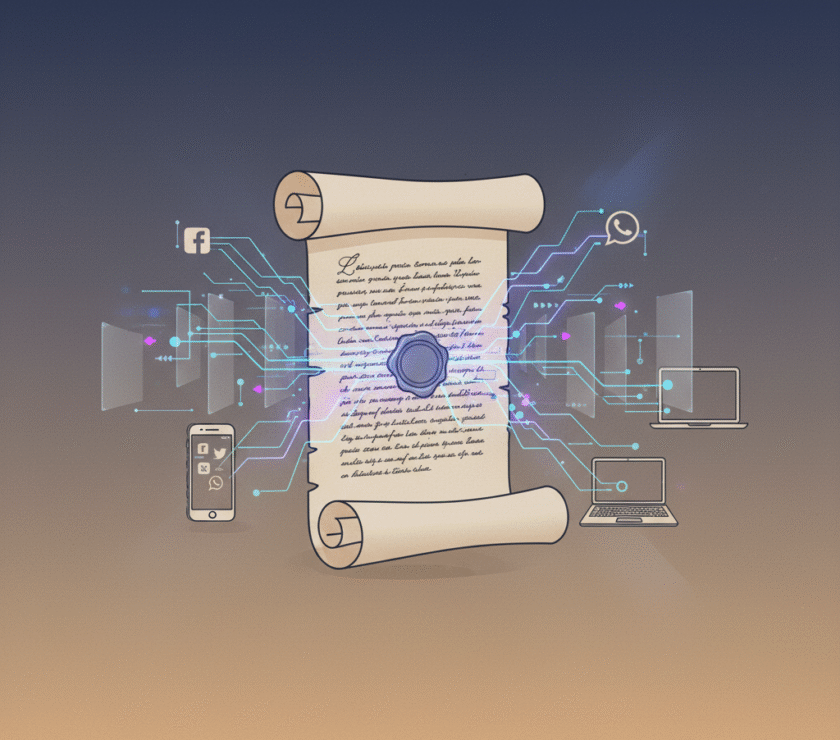Seventeen years ago, workplace researchers were obsessed with work-life balance. With the entry of multinational corporations in the late 1990s, India witnessed a dramatic shift in career aspirations, work ethics, and personal life integration. Job satisfaction, stress, and family life were the dominant research themes of that era.
Fast forward to today, and the conversation has changed. The smartphone has quietly overtaken many aspects of human life. From communication and work to entertainment and relationships, the screen has become our constant companion. For millennials, Gen Z, and now Gen Alpha, the phone is no longer a tool—it’s a lifeline.
So much so that it might be fair to place smartphones alongside food, water, and shelter in Maslow’s hierarchy of needs. The rise in social media, binge content, and constant connectivity has created a new frontier of research: Phone-Life Balance.
The Reality of Screen Dependence
Studies across the globe reveal the scale of this digital dependency.
A Motorola-Harvard study of 4,418 smartphone users (aged 16–65 across the US, Brazil, France, and India) found:
- 49% admitted compulsive use of their phones.
- 65% panicked at the thought of losing their phone.
- 3 in 10 said they thought about their phone even when it wasn’t around.
- 53% of young users described their phone as their best friend.
A Deloitte survey of 4,000 adults reported 38% acknowledged excessive phone use—a figure rising each year.
The World Health Organization (WHO) has now identified gaming disorder as a diagnosable mental health condition, highlighting how screen use can cross into addiction-like patterns.
Clearly, phones are no longer accessories—they’re extensions of ourselves.
The Hidden Health Costs of Screen Overuse
The health impact of excessive screen time is both physical and psychological.
📱 Physical Concerns
- Text claw & “tech neck” from repetitive scrolling and poor posture.
- Occipital neuralgia & migraines linked to prolonged screen strain.
- Weakened eyesight & hearing strain from constant exposure.
- Sleep disruption due to blue light and bedtime scrolling.
🧠 Psychological Concerns
- Phone-driven anxiety and “phantom vibration syndrome.”
- Facebook depression and social comparison stress.
- Obsessive phone checking mirroring symptoms of substance abuse.
- Identity masking via filters and curated online personas, eroding authenticity.
The brain, conditioned to dopamine “hits” from notifications and likes, responds in patterns similar to addiction—showing withdrawal symptoms and increasing tolerance.
Phone vs. Authentic Self: A Social Concern
Our dependence on screens is not just about time spent; it’s about who we become online. The endless filters, likes, and shares often push people to present socially desirable versions of themselves, leading to:
- Loss of authentic identity
- Increased need for external validation
- Reduced emotional resilience offline
Instead of being tools, screens risk becoming mirrors of insecurity.
Global Responses to the Screen-Time Epidemic
Governments, corporations, and thought leaders are beginning to address this growing crisis:
- Uganda attempted a social media tax to discourage mindless scrolling.
- Tristan Harris, ex-Google, founded the Center for Humane Technology to push for ethical design.
- Amazon India’s CEO, Amit Agarwal, asked employees to avoid calls or emails after work hours—promoting true downtime.
- Apple and Google introduced digital well-being tools to track and reduce screen time.
These steps reflect a growing recognition: digital well-being is as important as physical health.
Feeling Overwhelmed by Your Screen?
Finding a healthy phone-life balance is a challenge for everyone. If you’re ready to reclaim your focus, reduce digital anxiety, and build a more mindful relationship with technology, we’re here to help.
Make an Appointment

